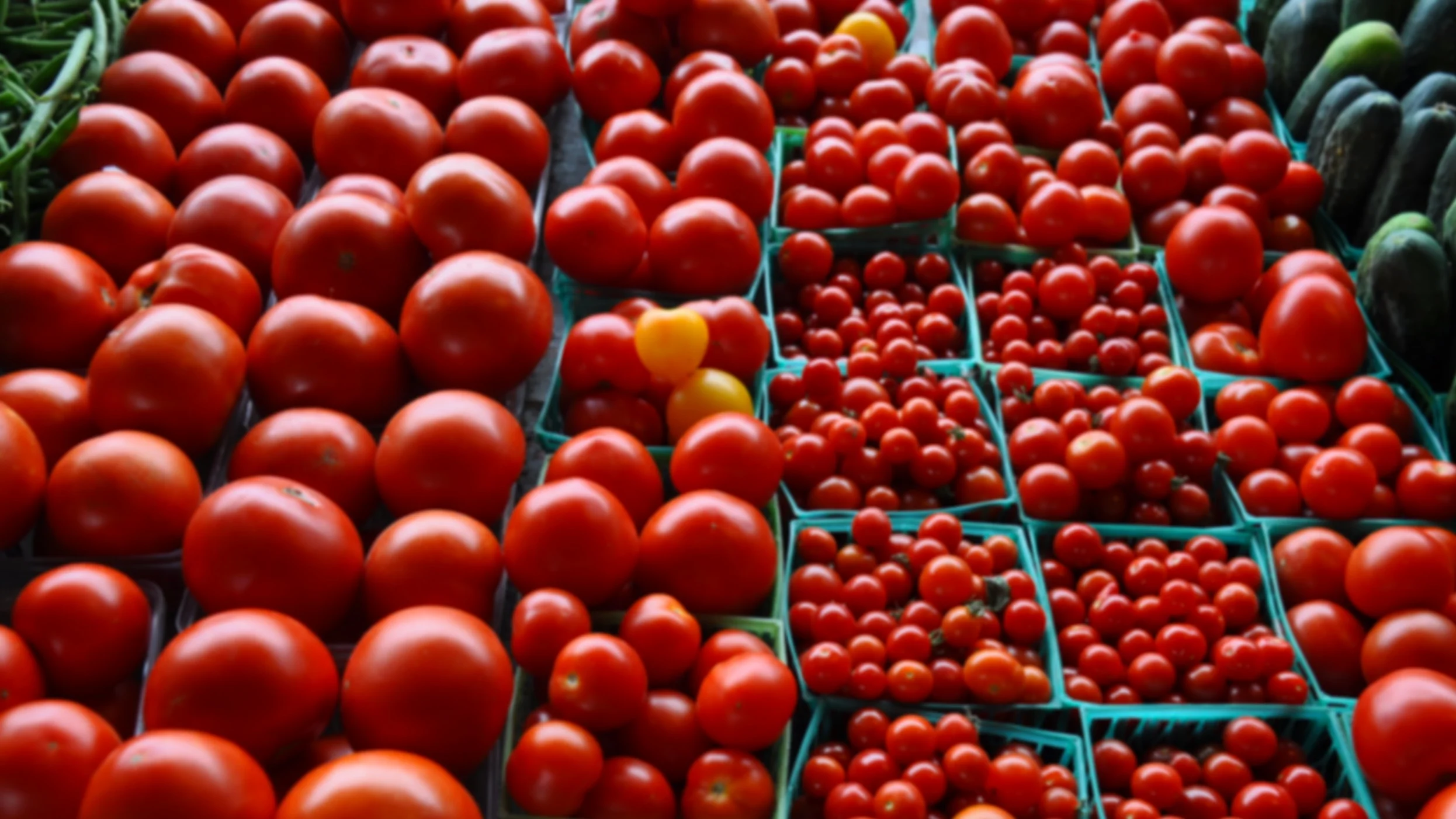
frequently asked questions
How to shop at your farmers market
If you’re new to shopping at farmers markets, welcome!
Farmers markets provide an excellent source of fresh and local foods, and ANYONE can shop there! These FAQs are sure to prepare you for the unique experience of grocery shopping at a farmers market. Shopping at a farmers market might be different from what you are used to, but the differences are part of what makes the experience so great! Soon your fridge will be overflowing with delicious, local foods- and you won’t believe how easy and affordable it was!
Can I use my credit/debit card to shop at a farmers market?
Many vendors accept credit/debit cards. Some markets have a token system that allow you to swipe your credit/debit card in exchange for tokens that the vendors accept like cash. Other markets can point you to a near by ATM. To find out if a market accepts credit cards, click here.
Can I use my Bridge Card to shop at a farmers market?
Many markets allow you to swipe your Bridge Card at the market. Rather than swiping your Bridge Card with each vendor, the markets use a token system. The process is simple and easy!
Decide how much you want to spend
Take your card to the market’s info booth and have them swipe it- you’ll need to enter your PIN
The market staff will give you $1 tokens for the amount you requested
Spend the tokens on eligible food products with vendors
*Different technology might apply based on location.
Can I barter with vendors at the farmers market?
Unlike a flea market, most vendors at a farmers market have set their prices based on what they feel is a fair price. Bartering is not a cultural norm at most farmers markets. You may see prices vary throughout the year due to weather and availability.
What should I know about making my market grocery list?
For the most part, markets support vendors selling seasonal produce. The availability of products depends not only on the time of year but also weather conditions and other variables of farming. To find out what seasonal produce may be available, check out this seasonal availability chart. You may also find bread, cheese, meat, baked goods, teas, coffee, soap, honey, and more. You’ll have to check out the market to gauge the availability of products like these.
Are all products at the farmers market organic?
It depends on the vendor. You should talk to the vendors to become aware of the practices used to grow your food. You may hear a variety of terms around the farmers market about how the food was produced and the use of pesticides. For example:
Certified Organic – this means the producer paid a fee to go through the certification process verifying that their farm or business meets certain standards. Visit the USDA organic certification and accreditation site for more information.
Organic Growing Practices – this means that, although the farm has not gone through the certification process, they practice organic farming as well as a certified organic grower. This statement is unregulated- so you are taking the farmer at their word. Usually you can ask follow up questions that will help clarify the way the farmer practices.
No Spray – this means that, although the seeds or fertilizers used may not have been organic, the plants and veggies themselves have not been sprayed with pesticides.
Non-GMO – this means that no genetically modified seeds were used to grow the produce. Note: non-GMO and organic are not the same thing. If you are interested in both practices, you should ask about both!
How can I become a vendor?
Anyone can be a vendor! Talk to the market’s manager to get an application and learn about the market’s requirements. You may also find applications on the market’s website.
Is the farmers market open in bad weather?
Some markets have an indoor location that will be used in inclement weather. Others rely only on pop-up tents for shelter. Those markets may be more likely to close if safety becomes an issue (i.e. high wind, lightning) To find out a market’s policies on weather, give them a call.
What attractions are at the market?
Aside from great food, you may also find live music, cooking demonstrations, games and kids activities, giveaways, contests, or other special events! Check a market’s website or Facebook page for all of the latest updates.
Do I need to bring my own bags?
You may see many customers at the market with their own bags or carts; however, this isn’t a requirement to shop at the market. Vendors typically bring plastic bags they are happy to supply you with.
What is a CSA?
You may hear other customers talk about having a CSA at the market. CSA stands for Community Supported Agriculture. Basically, you can subscribe to a share of a farmer’s harvest at the beginning of the season, then enjoy receiving weekly boxes of products (produce, flowers, meats, etc) from that farm. The market can be a good place to sign up for and pick up your CSA share. View a list of local CSA’s, search for a CSA near you, or learn more about CSA’s.
